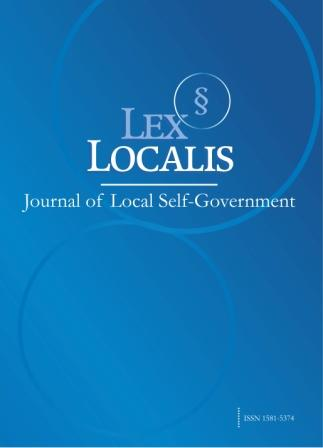EVALUATION OF THE IMPACT OF PARTICIPATORY ARCHITECTURE ON PUBLIC WORKS PROJECTS IN VULNERABLE URBAN ENVIRONMENTS
DOI:
https://doi.org/10.52152/Ključne besede:
participatory architecture, social urbanism, public works, vulnerable environments, urban sustainability.Povzetek
Participatory architecture has established itself as an innovative approach in the design and management of public works projects, especially in vulnerable urban contexts where social exclusion and lack of infrastructure are prevalent. This study assesses the impact of participatory architecture on the generation of social capital, community cohesion and urban sustainability. Through a mixed approach of documentary review and case analysis in Latin America and Europe, benefits were identified in institutional legitimacy, the strengthening of local identity and efficiency in the use of resources. The results confirm that the active participation of the community in the architectural process not only improves the technical quality of the projects, but also their social relevance and long-term sustainability.
Prenosi
Objavljeno
Številka
Rubrika
Licenca
Avtorske pravice (c) 2025 Lex localis - Journal of Local Self-Government

To delo je licencirano pod Creative Commons Priznanje avtorstva-Nekomercialno-Brez predelav 4.0 mednarodno licenco.








